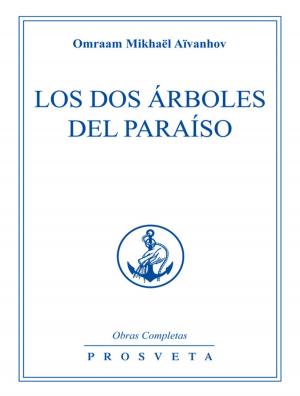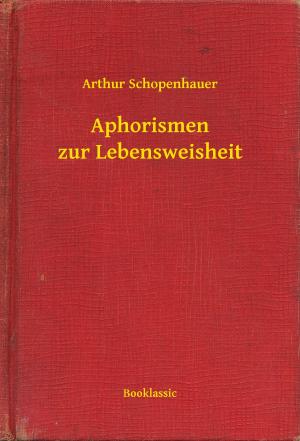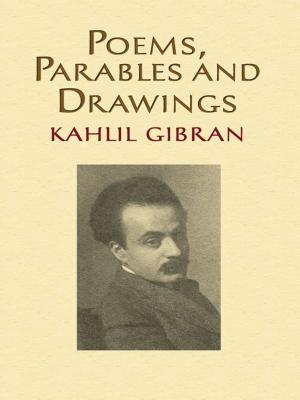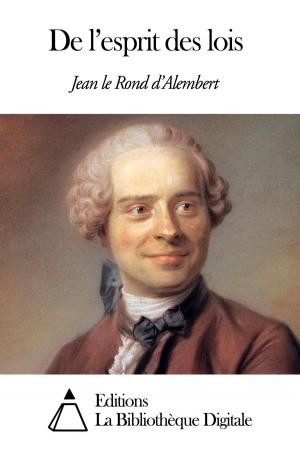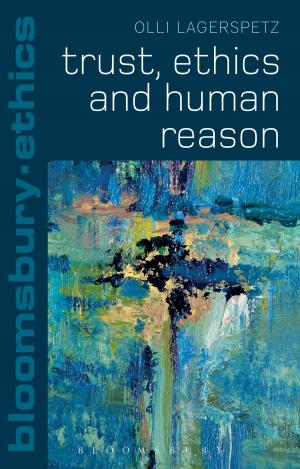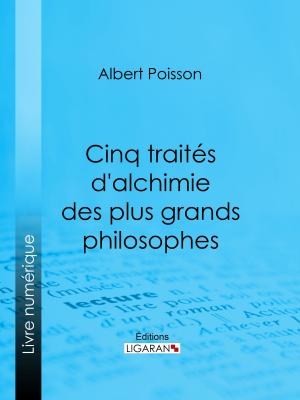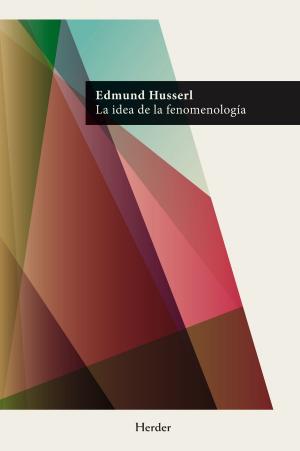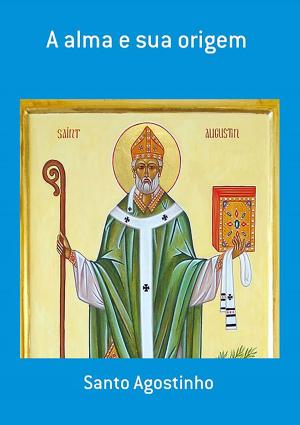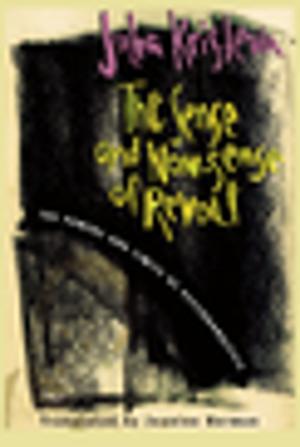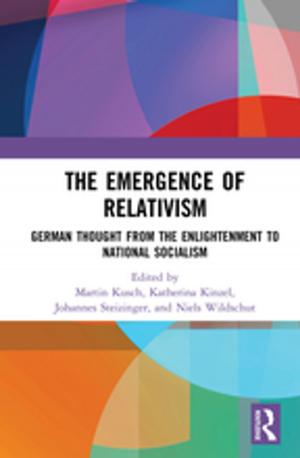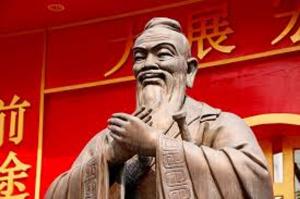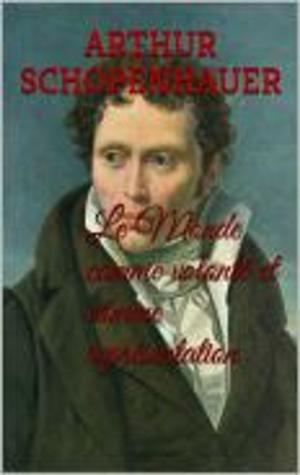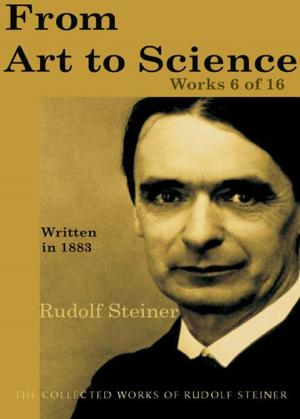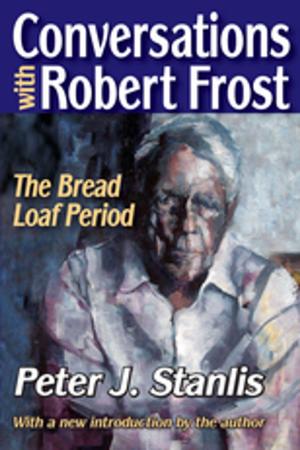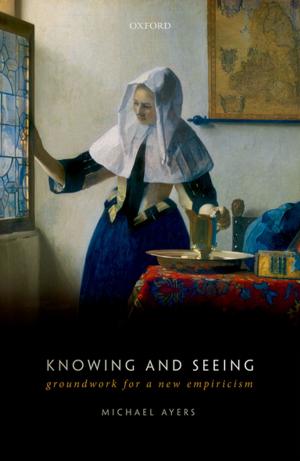Where in the World is God?
Nonfiction, Health & Well Being, Psychology, Neuropsychology, Religion & Spirituality, Philosophy| Author: | Hope Raymond | ISBN: | 9781301565986 |
| Publisher: | Hope Raymond | Publication: | December 4, 2012 |
| Imprint: | Smashwords Edition | Language: | English |
| Author: | Hope Raymond |
| ISBN: | 9781301565986 |
| Publisher: | Hope Raymond |
| Publication: | December 4, 2012 |
| Imprint: | Smashwords Edition |
| Language: | English |
This informal study of the ideas, actions and processes of humanity as a species provides grist for the mill in assessing to what extent human choice derives from free will. The author argues that humanity’s choices are so intertwined with long-term needs of the universe that we cannot deny that humanity and the universe are a single organism. Choices of humanity affect long-term needs of the universe, and powerful drives of energy from the universe can overshadow humanity’s carefully laid plans. The sooner humanity learns to assess, and cooperate with, needs of the universe, the more fully humanity will be living out its primary role as consciousness for the universe. This assignment for humanity is daunting, but it must not be avoided. The fate of humanity and the universe is wrapped in a single package.
Beginning with disclosure of the basic premises of her argument, the author traces with a broad sweep her psychological view of the growth and fall of religion. She examines the rise of religion’s opposite in the form of science, and the resulting battle ending on the common ground of psychology, where the three disciplines merge at the point of consciousness.
Part Two presents material from mainstream media, plus a few other sources, that spans the gamut of phenomena of everyday ideas and actions. Consistent with the author’s holistic view of the universe, chapters cover a broad range of topics from relationship, to the natural world, to technological developments, to emergence of the average person. The author calls the material “living ideas,” that is, ideas that contain the most powerful energy coming from the universe at this time of history. These are ideas whose time has come, launching them to the forefront of life in our world. They now need consciousness from humanity to steer them on a course that provides for the universe’s evolutionary needs.
An example of a living idea is reflected in human questions on the forefront of our society today. Does mother refer to the woman whose DNA matches that of a particular infant? If so, does that mean an adoptive mother—or stepmother—is not a mother? Does father refer to the hunter and breadwinner? Where does that leave a woman who may also be a breadwinner, or the only breadwinner in the family? Who is the mother in a gay family of two men and a child? Or two women and a child? What does marriage mean if gender no longer defines it? What defines a family when all members are male, or female?
From the many living ideas filtering through Part Two, Part Three embraces only the few most energetic ones and shows how humanity is living them out, usually unconsciously. These living ideas are often surprising in the way they are manifest in different areas of life simultaneously; some are startling revelations that evoke awe in the reader. The author draws us sufficiently into the world of the universe to observe ourselves from that point of view. The view from the other side enables us to see that what we have firmly believed to be our own choices are, in fact, needs of the universe being lived out by us, either consciously or unconsciously. The burden of consciousness is heavy, but the opportunities for humanity to stretch to the fullness of its calling--and magnificence--are limitless.
This informal study of the ideas, actions and processes of humanity as a species provides grist for the mill in assessing to what extent human choice derives from free will. The author argues that humanity’s choices are so intertwined with long-term needs of the universe that we cannot deny that humanity and the universe are a single organism. Choices of humanity affect long-term needs of the universe, and powerful drives of energy from the universe can overshadow humanity’s carefully laid plans. The sooner humanity learns to assess, and cooperate with, needs of the universe, the more fully humanity will be living out its primary role as consciousness for the universe. This assignment for humanity is daunting, but it must not be avoided. The fate of humanity and the universe is wrapped in a single package.
Beginning with disclosure of the basic premises of her argument, the author traces with a broad sweep her psychological view of the growth and fall of religion. She examines the rise of religion’s opposite in the form of science, and the resulting battle ending on the common ground of psychology, where the three disciplines merge at the point of consciousness.
Part Two presents material from mainstream media, plus a few other sources, that spans the gamut of phenomena of everyday ideas and actions. Consistent with the author’s holistic view of the universe, chapters cover a broad range of topics from relationship, to the natural world, to technological developments, to emergence of the average person. The author calls the material “living ideas,” that is, ideas that contain the most powerful energy coming from the universe at this time of history. These are ideas whose time has come, launching them to the forefront of life in our world. They now need consciousness from humanity to steer them on a course that provides for the universe’s evolutionary needs.
An example of a living idea is reflected in human questions on the forefront of our society today. Does mother refer to the woman whose DNA matches that of a particular infant? If so, does that mean an adoptive mother—or stepmother—is not a mother? Does father refer to the hunter and breadwinner? Where does that leave a woman who may also be a breadwinner, or the only breadwinner in the family? Who is the mother in a gay family of two men and a child? Or two women and a child? What does marriage mean if gender no longer defines it? What defines a family when all members are male, or female?
From the many living ideas filtering through Part Two, Part Three embraces only the few most energetic ones and shows how humanity is living them out, usually unconsciously. These living ideas are often surprising in the way they are manifest in different areas of life simultaneously; some are startling revelations that evoke awe in the reader. The author draws us sufficiently into the world of the universe to observe ourselves from that point of view. The view from the other side enables us to see that what we have firmly believed to be our own choices are, in fact, needs of the universe being lived out by us, either consciously or unconsciously. The burden of consciousness is heavy, but the opportunities for humanity to stretch to the fullness of its calling--and magnificence--are limitless.

